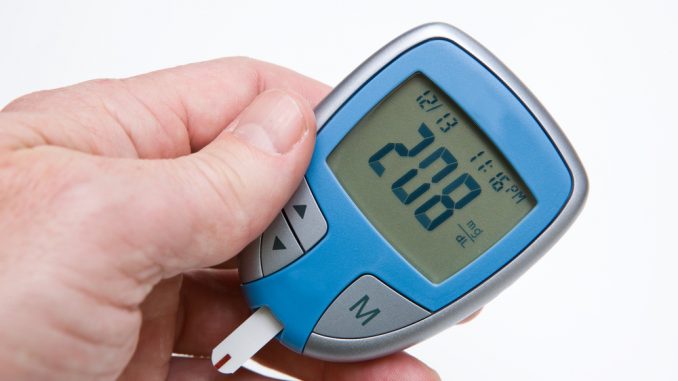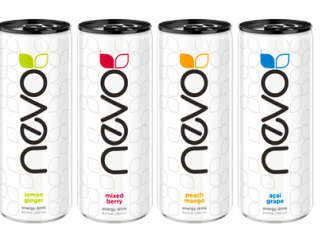
Diabetes is something that should be permanently controlled, as it carries an increased risk of hypoglycaemia or hyperglycaemia, as well as other serious complications. Furthermore, summer means an increased risk for both complications, so every patient diagnosed with diabetes must take into account certain rules that can make things easier.
The blood sugar levels refer to the glucose concentration in our blood, and normal blood glucose levels are considered to be between 60 and 110 mg / dl
Hyperglycemia – high blood sugar – is, in fact, an increase in blood glucose, above 180 mg / dl. The main symptoms are: strong thirst, dry mouth, tired fatigue, frequent urination, prolonged infections, drowsiness, nausea and vomiting.
Among the causes of hyperglycemia are: non-compliance with diets recommended by a specialist, neglecting treatment, certain infections, virosis.
Hypoglycaemia is characterized by a decrease in blood glucose, to below 70 mg / dl. The main symptoms are: cold sweats, increased sensation of hunger, headaches, palpitations, fatigue without a specific cause, nervousness, speech disorders, convulsions.
Hypoglycaemia may occur if the patient has been in the sun for too long, if he has not injected his insulin after eating, if he has consumed too much carbohydrates or if he has had a heavy exercise session.
Heat influences glycemia
During summer, the heat can affect your blood sugar levels, especially if you are not well hydrated or did intense physical effort. For example, if you stayed long in the sun, you did a lot of sports and didn’t get properly hydrated, this can lead to increased blood glucose levels.
Tips for controlling blood sugar levels
Drink as much water as possible. When you’re exercising in the summer, in order to avoid becoming dehydrated, try to have as many bottles of water as possible with you, or special drinks that contain electrolytes.
Adjust the insulin dose. Talk to your doctor and see how you should take your insulin doses during summer, when you want to spend more time outside. Some specialists might recommend a slight increase in the doses.
Do not sit in the sun without protection. A sunburn can, and will inevitably lead to dehydration and, implicitly, to increased blood sugar. If you still want to get tanned, make sure you use creams with a high protection factor.
Do not skip any of the 3 meals of the day, or other snacks. These are necessary because they can prevent a sudden drop in blood sugar.
Insulin-dependent patients should not consume foods with high glycemic indexes. Specifically, fast-food or sodas should be avoided. If you must, it is recommended to consume them as desert, in order for them to have the lowest influence on your blood sugar levels. Also, it’s important to consume them in small quantities.



Leave a Reply